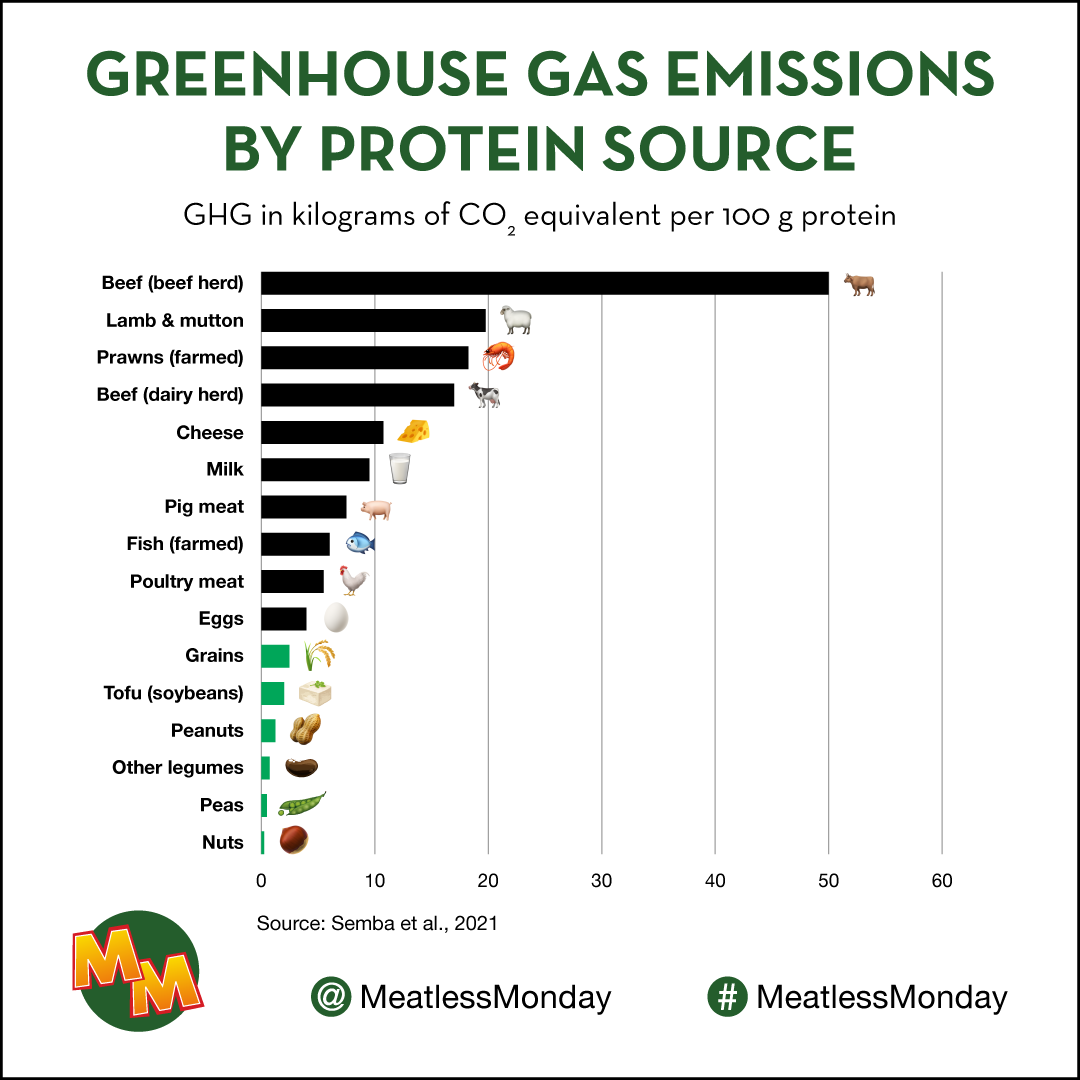June 29, 2023
Introduction:
Read more here: https://www.eurekalert.org/news-releases/993645(Eurekalert) The loss of deep-rooting native vegetation and declining evapotranspiration due to rapid agricultural expansion in the South American plains has led to shallow groundwater tables and increased flooding throughout the region, researchers report. The findings reveal the hydrological impacts and potential escalating flooding risks associated with rainfed agriculture expansion at subcontinental and decadal scales, and improve understanding of hydrological changes in other regions of the world undergoing similar landscape change. Increasing global demand for grain is leading to rapid conversion of large swaths of South American native grasslands and forests to agricultural land. Although these flat sedimentary landscapes host some of the most productive soils on Earth, their hydrology is particularly sensitive to water balance shifts introduced by land and water use changes. However, the hydrological impacts of rapid rainfed farming expansion in these regions is poorly understood, resulting in sustainability challenges and unknown potential risks. According to Javier Houspanossian and colleagues, the extent and speed of farming expansion across the South American plains region over the past 40 years offers an unprecedented natural laboratory to evaluate the effects of rainfed farming on hydrology. Combining remote sensing data and in situ groundwater monitoring observations, Houspanossian et al. discovered that as crops replaced native vegetation and grasslands, floods in the region gradually became larger, more expansive, and more responsive to precipitation events, particularly since 2000. Furthermore, the findings show that the groundwater table shifted from deep (12 to 6 meters below the surface) to shallow (4 to 0 meters) due to agricultural land conversion. Using data from field studies and simulations, Houspanossian et al. suggest that declining rooting depths and evapotranspiration associated with shifting from native to agricultural plant regimes could explain this hydrological transformation. “The findings presented here are critical for future land use policies that support farming, water management and rural towns in smarter and more-integrated ways,” write the authors.
From conclusion in Science article:
Source: https://www.science.org/doi/10.1126/science.add5462(Science) The insights provided in this work on the connection between extensive land use change and the growing flood sensitivity in the South American plains will help improve our understanding of hydrological changes in other regions of the world with similar characteristics, including dry and stagnant hydrological settings and expanding rainfed grain production systems, such as those of Ukraine or Canada

